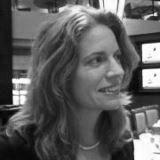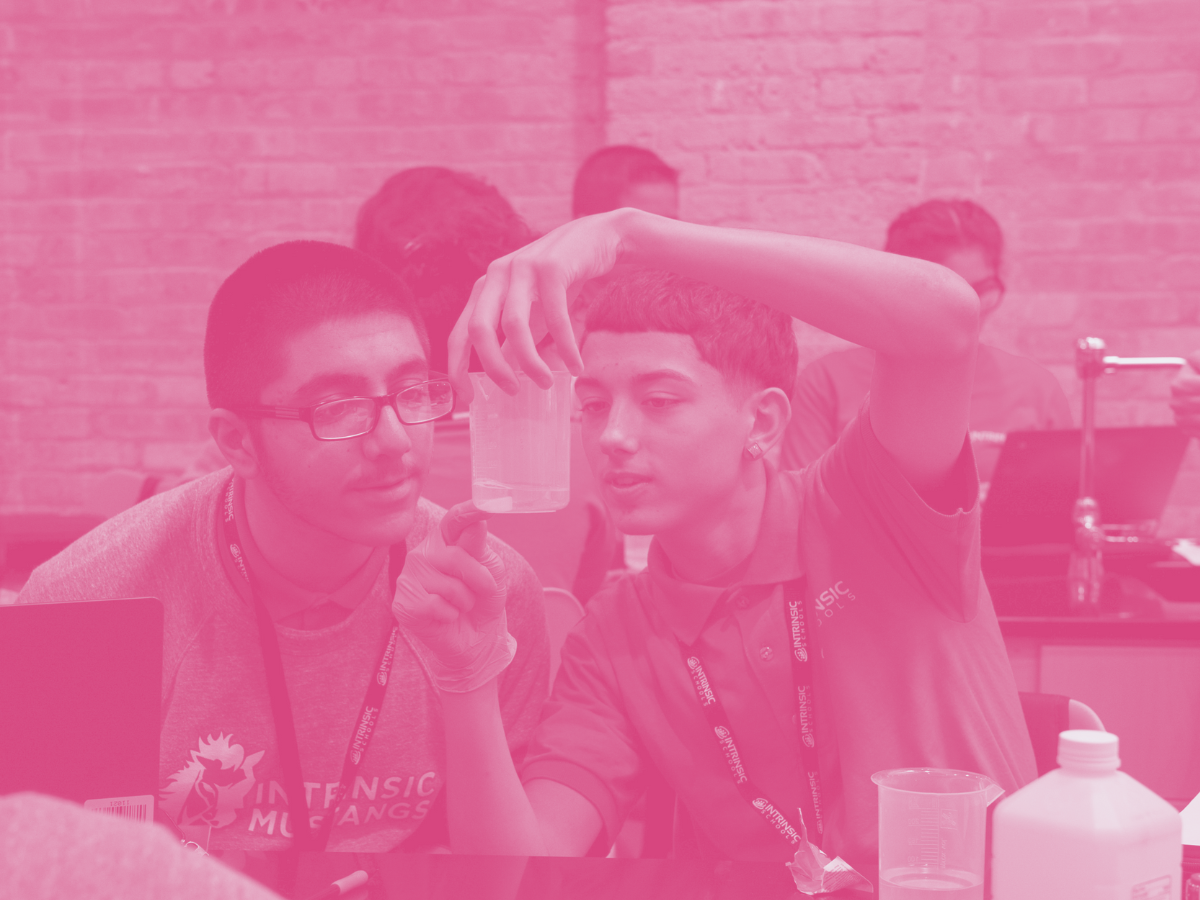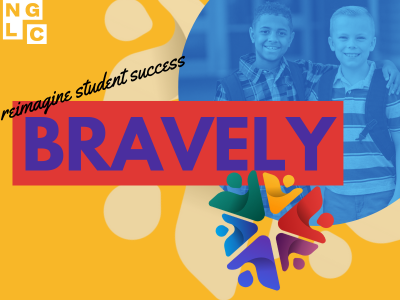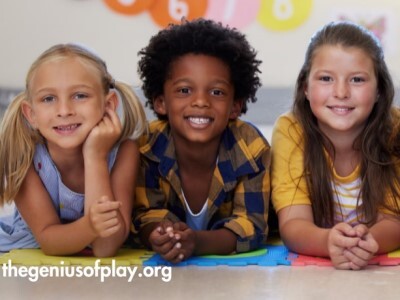New Designs for School
Lessons from The Voice: Fitting-Out is the New Fitting-In
Topics

We’ve all had the experience of truly purposeful, authentic learning and know how valuable it is. Educators are taking the best of what we know about learning, student support, effective instruction, and interpersonal skill-building to completely reimagine schools so that students experience that kind of purposeful learning all day, every day.
The big take away is that “fitting out” is the new “fitting in.” School designers and system reformers take note: it may be time for us to embrace this difference making truth.
I’m not much of a TV watcher despite the improved offerings now available—Sling, Hulu, and Netflix—in the age of “made for me TV.” So I was pretty surprised to find myself tuning in weekly to watch the 8th season of NBC’s vocal competition The Voice. It’s interesting how popular media sometimes illustrates little wisdoms that resonate personally and professionally. For me, the big take away is that “fitting out” is the new “fitting in.” School designers and system reformers take note: it may be time for us to embrace this difference making truth.
From the word go, coach Pharrell Williams was seeking the unusual. A different sound. A different look and background. Upon pitching his coaching fit to one vocal contender, Pharrell said, “You’re not regular. You’re not the same. You’re other.” Pharrell’s version of “other” celebrates individual strengths and unique gifts. His message: “you don’t sound like everyone else or maybe anyone else.” Pharrell’s philosophy asks us to lean into our diversity. His notion honors differentiation and finds unity in embracing diversity. Pharrell, and all the other coaches consistently encouraged their vocal mentees to play to their strengths, be themselves, and to stretch those particular capacities to connect with the audience for greater impact. Good advice and actionable if you know yourself and your strengths. Which got me thinking. How does our system of education help individuals know their strengths... as learners? as individuals?
I’m sure there are teachers out there building strong relationships as did these coaches, and helping kids develop self-awareness and knowledge of their strengths. (It’s at least part of the intent behind the use of learner profiles). I’m less certain that our current education system designs and operates for and with that outcome in mind. What I see more often is best expressed by a friend who quipped, “My daughter is a gifted writer. I’ve no doubt she’ll one day make her living in some way because of this skill. What worries me is that she won’t get the chance. We’re too busy telling her she sucks in math, and how important that requirement is to graduate. Whether she writes a great American novel or a tabloid story doesn’t matter to me. Either way, it will pay the accountant that will manage her books.”
This is to say, the traditional system of education is designed to make judgements about “how smart we are” rather than helping us to see, “how we’re (all) smart” and often in different ways. (I can’t take credit for this quote). Coaches on The Voice embraced growth and risk-taking - such as asking contestants to show greater vocal range or emotional expression (artistry), yet these recommendations were contained within the purview of working from strengths (not backfilling a deficit).
Aspects of our work in personalized learning are promising. The approach, when done well, meets individual students where they are, customizes their learning experience (path, pace, interests), enables greater degrees of ownership and choice, and develops personal skills and abilities for navigating life. In all honesty, I remain concerned that personalized approaches are still in service to mastering a set of all-encompassing standards at the expense of mastering standards “specific and meaningful to me.” (I’m noting here the volume and breadth of content and skill expectation, and the relative notion that it’s all equally important. Is it?).
I’m not implying that basic skills don’t matter. Each of the featured singers had to have basic skills—tone, pitch, projection. We didn’t see vocalists get coaching on those elements. In part because many of them had already acquired their 10,000 hours singing in front of audiences in bars, retirement homes, theaters, prisons and churches. They could demonstrate mastery. Basic skills are foundational and enable personal strengths to shine. There’s a need in the world for well-rounded, versatile singers, and that also can be a strength. Still there has to be a balance for how these skills are learned. What’s the context and drive for developing them? There’s no better motivator for excellence than pursuing a personal dream, ambition or even immediate self-determined need.
Allowing students to go deep into their interests and develop their most promising strengths is a shift to less is more. After some point of mastering basic skills, the expectation that we all know the same things makes us profoundly average and artificially homogenous. A common experience and knowledge base served to bind our early and vulnerable American identity a century ago, but it will not serve us in the next 100 years. Our individual and shared identities must be complementary. Unity in diversity.
This brings me to a personal reflection. My father wanted me to fit in with my peers and do all the things he knew would make me successful. According to standards of his generation, he advised me to get good grades, go to college, be a competitive athlete, be a nice person, and generally be well-rounded. That was good advice then as it is today with few caveats. My father worked in a steel mill and a coal mine before going to college and eventually improving the system of worker safety in two states (and also nationally). The culture of school at the time and the prevailing opportunities were in industrial settings of mass production (physical labor) and in office jobs (routine mental labor). Those cultures valued following the rules, showing up on time, taking and executing orders, and for managers being a benevolent dictator (If I’d watched more than one episode of Mad Men, I’m sure I could offer more here). That was a time when few people went to college and so much of his advice was predicated on that being my destination (which it was) and a difference maker.
Today’s working culture is different: more entrepreneurial, more fluid, less predictable. Many more students in the US and all over the world are, and will be college educated. (I’m recalling that China has more “gifted students” than we have students). In and of itself, a college credential will not be a differentiator. So what will be? My answer is some version of fitting out. Possessing the self-knowledge and set of skills that can support personal vision, collective goals, and the ability to exploit the opportunities brought on by the constant of change.
My answer will sound uncomfortably nebulous to some readers who will want to know, “What does it looks like? How does work?” Or, maybe you think you know schools that have some aspects already figured out. For me, I’m not sure what I envision involves “school” as we know it, and invite our collective imagination to embrace some different possibilities.




